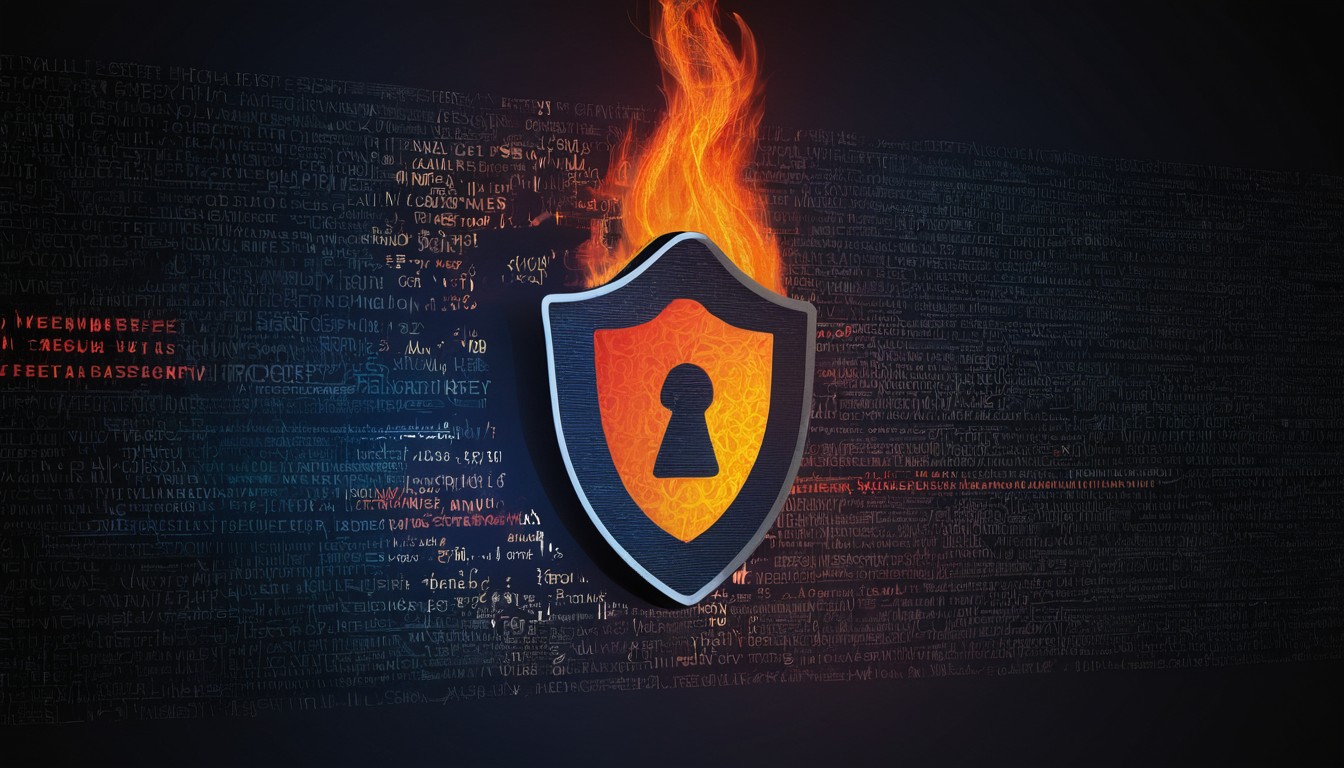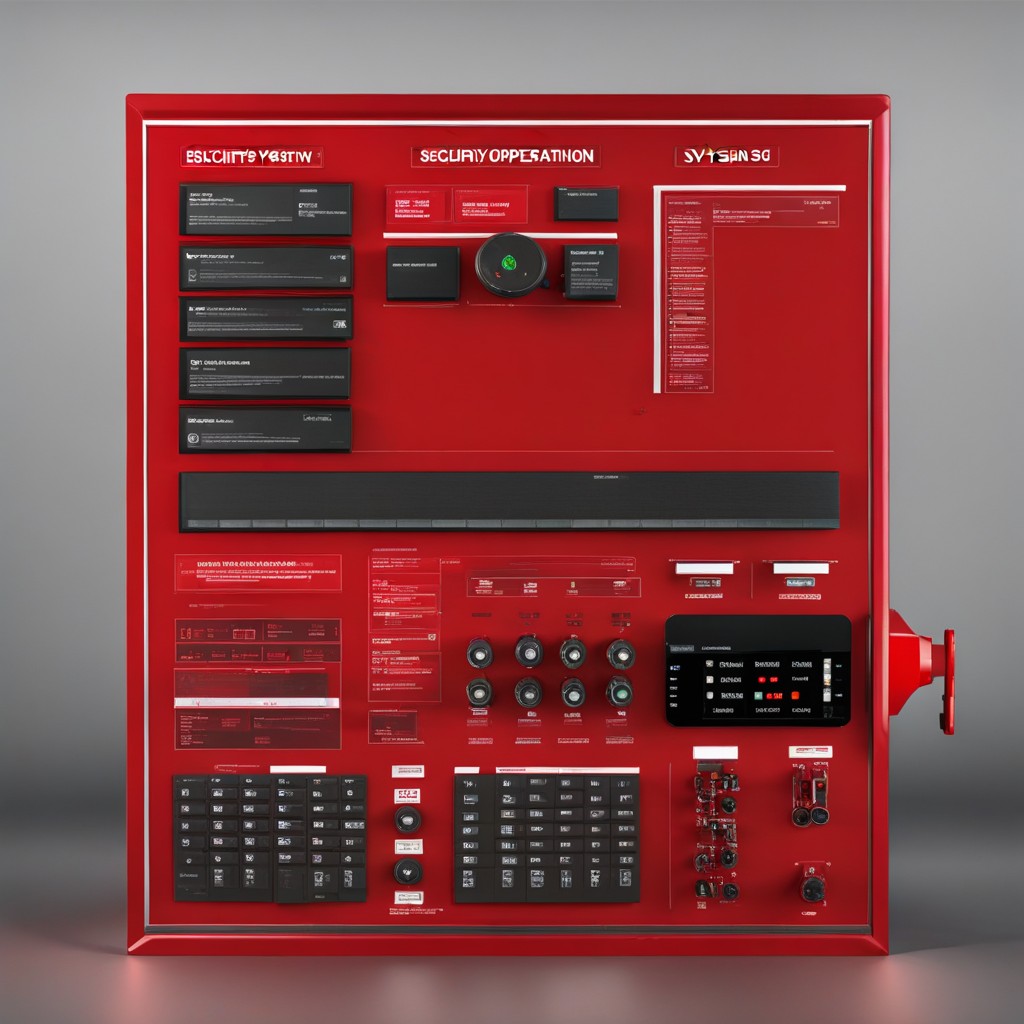containerization has become a cornerstone for modern application deployment. Docker and Kubernetes have revolutionized the way organizations build, ship, and scale applications. However, with great innovation comes the responsibility to secure these dynamic environments effectively. In this blog post, we will delve into essential firewall considerations for container security, focusing on Docker and Kubernetes, and how SafeNet Firewall solutions can play a pivotal role in fortifying your containerized infrastructure.
Understanding the Container Security Landscape:
Containers provide a lightweight and portable way to package applications, along with their dependencies and configurations. While they offer agility and scalability, ensuring the security of containerized environments is crucial. Firewalls play a central role in controlling network traffic, monitoring communication, and safeguarding containerized applications.
SafeNet Firewall Considerations:
- Microservices Communication Control: In a containerized environment, microservices communicate extensively. SafeNet Firewall allows organizations to define and enforce fine-grained rules to control communication between microservices, preventing unauthorized access and potential lateral movement in case of a security incident.
- Dynamic Policy Adaptability: Containers are highly dynamic, with lifecycles that can be short-lived. SafeNet Firewall solutions provide dynamic policy adaptability, ensuring that security policies can be automatically adjusted to accommodate the fluid nature of containers without compromising on protection.
- Application-Aware Firewall Rules: SafeNet Firewall goes beyond traditional port-based rules. It enables organizations to create application-aware firewall rules, allowing for a more granular and context-aware control over the traffic between containers. This approach enhances security without hindering the agility of containerized applications.
- Integration with Orchestration Platforms: Docker and Kubernetes are commonly used orchestration platforms for containerized applications. SafeNet Firewall solutions seamlessly integrate with these platforms, providing centralized visibility and control over container communication. This integration ensures that security policies align with the dynamic nature of container orchestration.
Firewall Considerations for Docker:
- Container Network Security Policies: Docker allows the implementation of Network Security Policies (NSPs) to control the flow of traffic between containers. SafeNet Firewall solutions complement Docker NSPs, enhancing the overall security posture by providing additional layers of protection and control.
- Host-Level Firewall Protection: SafeNet Firewall extends its protection beyond containers to the host level. This ensures that even if a container becomes compromised, the firewall at the host level can mitigate the impact and prevent lateral movement within the infrastructure.
Firewall Considerations for Kubernetes:
- Network Policies: Kubernetes employs Network Policies to control communication between pods. SafeNet Firewall solutions integrate with Kubernetes Network Policies, offering advanced security features and policy enforcement to augment the native controls provided by Kubernetes.
- Pod Isolation and Segmentation: SafeNet Firewall facilitates pod isolation and segmentation within Kubernetes clusters. This ensures that even in large and complex deployments, the communication between pods is controlled and secure, mitigating the risk of unauthorized access.
SafeNet’s Commitment to Container Security Excellence:
At SafeNet, we recognize the significance of securing containerized environments. Our Firewall solutions are designed to meet the unique challenges posed by Docker and Kubernetes, providing organizations with the confidence to embrace containerization without compromising on security.
As organizations continue to embrace containerization, the importance of robust firewall considerations cannot be overstated. SafeNet Firewall solutions offer a comprehensive approach to securing Docker and Kubernetes environments, empowering businesses to leverage the benefits of containerized applications with confidence in their security posture.





